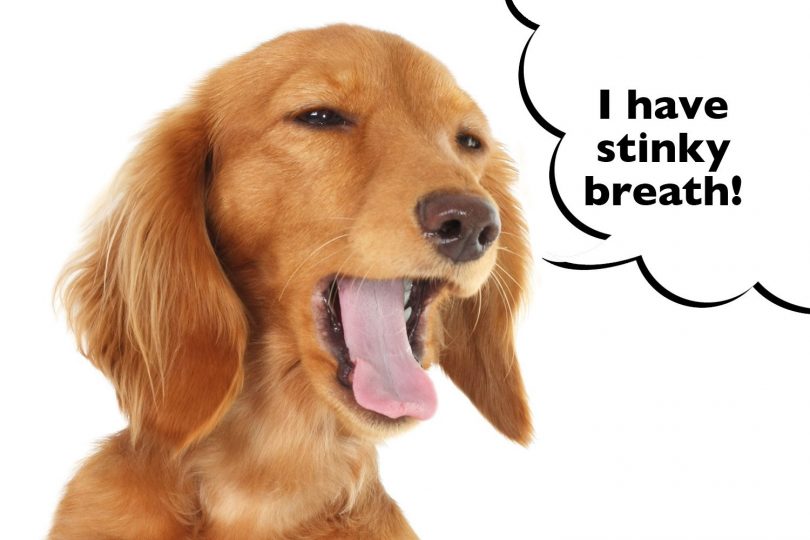We all love our pets, and it is not uncommon for them to invade our space to give us love and kisses. Sometimes we might notice a foul smell coming out of their mouth. Outside the usual causes such as eating something they should not and lack of proper dental hygiene, foul-smelling breath could be a symptom of a more serious issue.
Once the odor is first noticed, consider the last time their teeth were brushed properly. Lack of proper dental hygiene could cause periodontal disease, a disease caused by the build-up of plaque that eventually causes inflammation of the gums.
If this disease is left untreated, it can cause severe inflammation, leading to a painful and sometimes expensive tooth extraction. When an odor is first noticed, check the pet’s mouth for any lodged food, foreign objects, or growths such as an ulcer or tumor. If you see anything growing in your pet’s mouth, call your vet immediately.
Supposing there are no foreign objects or growths, and proper hygiene is being performed regularly. In that case, the smell could be from another underlying issue such as liver disease, kidney disease, a respiratory problem, gastrointestinal issue, or diabetes.
There are many factors to consider when determining if your pet’s bad breath is a symptom of a more serious issue. Each cause can manifest as different odors and be paired with other symptoms. For example, if the pet’s breath smells sweet or fruity and they seem to be drinking more and urinating more than usual, that could be a sign of diabetes.
If their breath smells like urine, this could be a symptom of kidney disease. If your pet is experiencing a lack of appetite, has yellow eyes or gums, or is vomiting, this could signify a severe liver problem. If you notice any of these symptoms, contact your veterinarian immediately.
It is not uncommon for pets to get into some disgusting stuff. Their food, for instance, does not smell as pleasant to us as it does to them. Bad breath could be the cause of something they ate recently or old food stuck in their teeth, and this is remarkably like their human counterparts.
If you cannot identify an oral issue that would cause foul breath, a veterinarian can perform a blood test to determine the underlying cause. While not all bad breath instances can mean a serious health problem for your pet, chronic bad breath must not be ignored and should be evaluated by a veterinarian.

